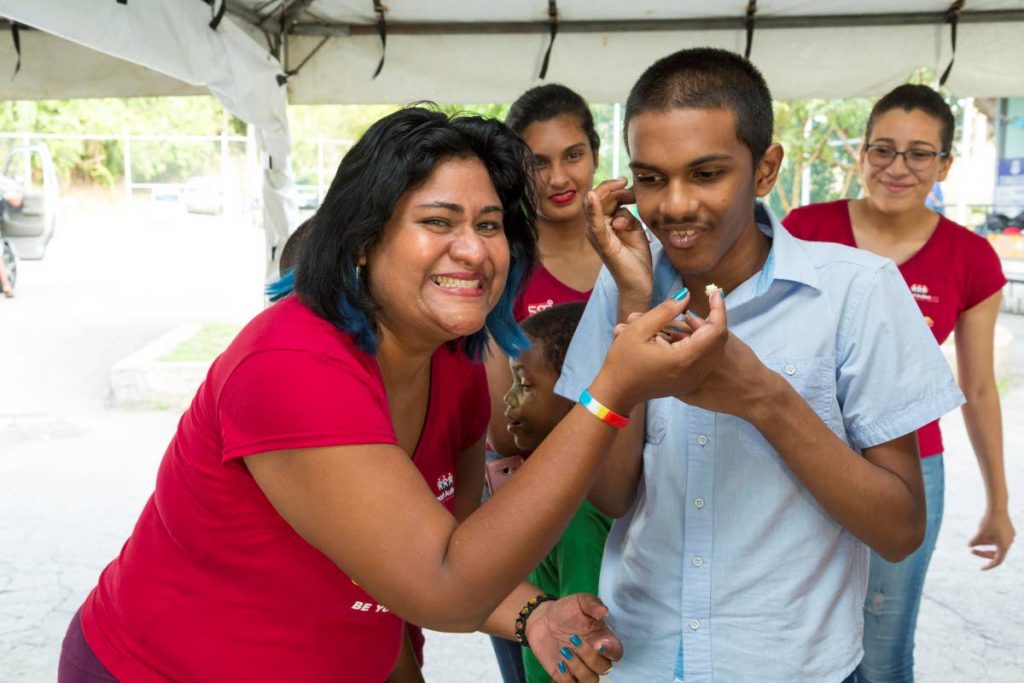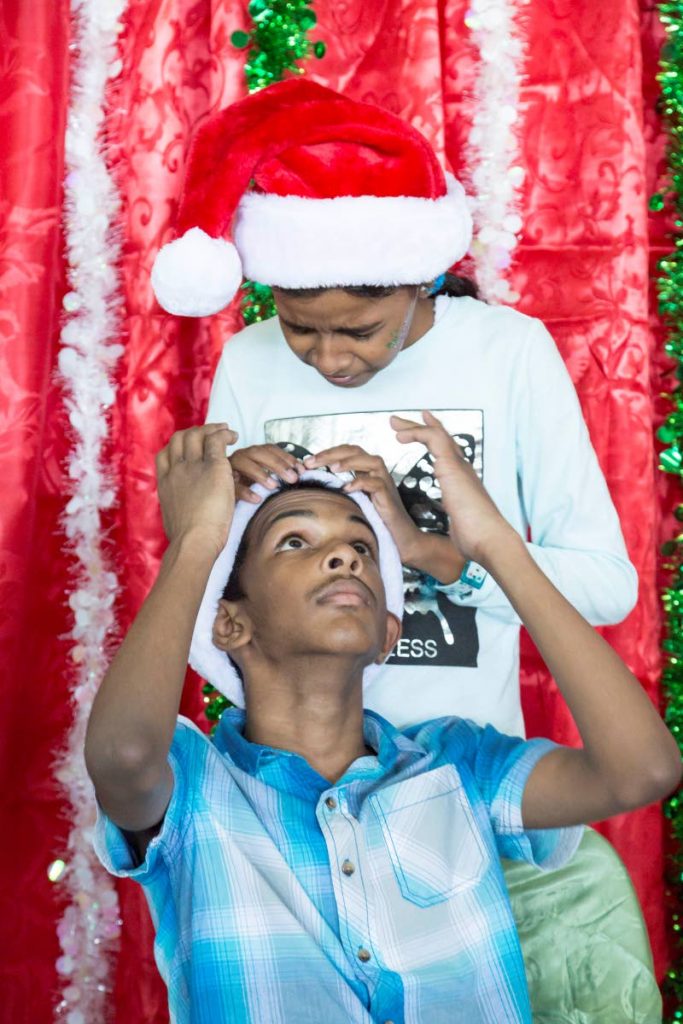Valuable lessons from autism

DR RADICA MAHASE
ANYONE who has a very close relationship with someone with autism, parents/caregivers, siblings, etc, will have learnt valuable lessons from their loved ones with autism. When you interact closely with someone who is “different,” you begin to see the world differently.
Interacting with someone with autism makes your life more challenging but also fulfilling in different ways. If you are open-minded enough, you will realise that there is an entire different world from the one you know. It changes your way of thinking and your core beliefs. In the 13 years that I have had my nephew Rahul in my life, I have learnt the following lessons that no masters or PhD could have taught me:
Unconditional love – we say that we love someone but yet we have certain expectations of them, whether it’s to be loved in return or time spent with that person. With someone with autism, you love regardless of anything: that person might never communicate with you verbally, might never call your name or say “I love you” in return, but you still love him/her because you simply have no expectations. Sometimes it takes someone extra special to open us up to the possibilities of unconditional love.
Celebrate every aspect of life – every little thing becomes a celebration. When Rahul was almost five and said his first sentence, that was time to celebrate. At ten years, when he went to the movies for the first time; at 13, staying in school for two hours – all these are accomplishments for him and reasons for us to celebrate. Every little milestone and accomplishment brings happiness, in whatever small way, because they bring hope and open up a world of possibilities.
Rise above society’s expectations – We have been conditioned in thinking and acting along with society’s bandwagon and when we deviate from what is expected we are quickly labelled as “different,” “weird,” “not normal,” etc.
When you love someone with autism you will start to question society’s expectations of your child. Is it really important for my child to sit at a desk and read and write for hours? It is really important for him to grow up to become a lawyer or a doctor or some other prominent member of society? Isn’t it more important for him to be healthy and happy? Why is it wrong for him to play with rubber duckies at age 13? Who decides what is right and wrong for my child? Why should society decide that my child is “not normal,” and, more importantly, why should society stipulate the life that he should live?

There is always a different way to do something – Believe me, when you are dealing with a child who refuses to take any medication in any form whatsoever, you learn to find different ways to do basic things. The intricacies of autism-related behaviours challenge parents and caregivers to find creative ways to deal with simple issues such as eating healthy (and sometimes just eating), or medical care (putting vitamins on a pizza or hiding a painkiller in a piece of cake) on a daily basis. And as time goes by, you realise that there is always a different way to do things and to help your child with whatever issues that come up. You’ve just got to think out of the box.
You are stronger than you will ever know – there is this general saying that you don’t know what you’re capable of until you are tested, and when tested your true strength comes out. That’s not always true in the case of autism. Many parents and caregivers collapse under some of the tests they are faced with, especially in the early stages after diagnosis.
However, as time goes by, parents and caregivers learn to handle situations with an inner strength they didn’t even know they had.
It is a strength that grows over time and it comes from not just having to take care of your child but also having to become advocate, doctor, teacher and therapist, all at the same time.
Sometimes life is about taking your situation and not just making the most of it, but embracing it, difficulties and all. Because when you look at that child with autism who loves you unconditionally and who has made you his/her world, all you want to do is give him/her the world.
Dr Radica Mahase is the founder/director, Support Autism T&T

Comments
"Valuable lessons from autism"